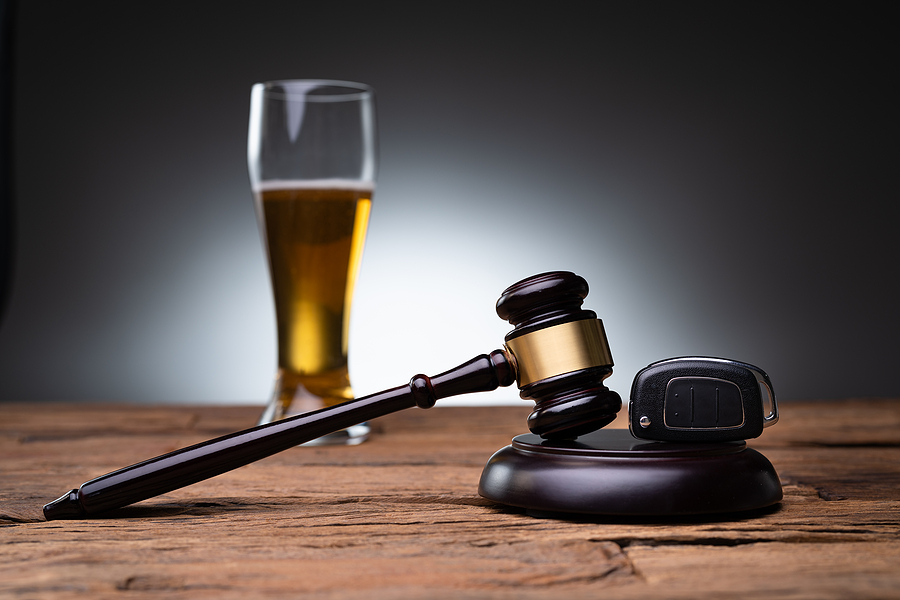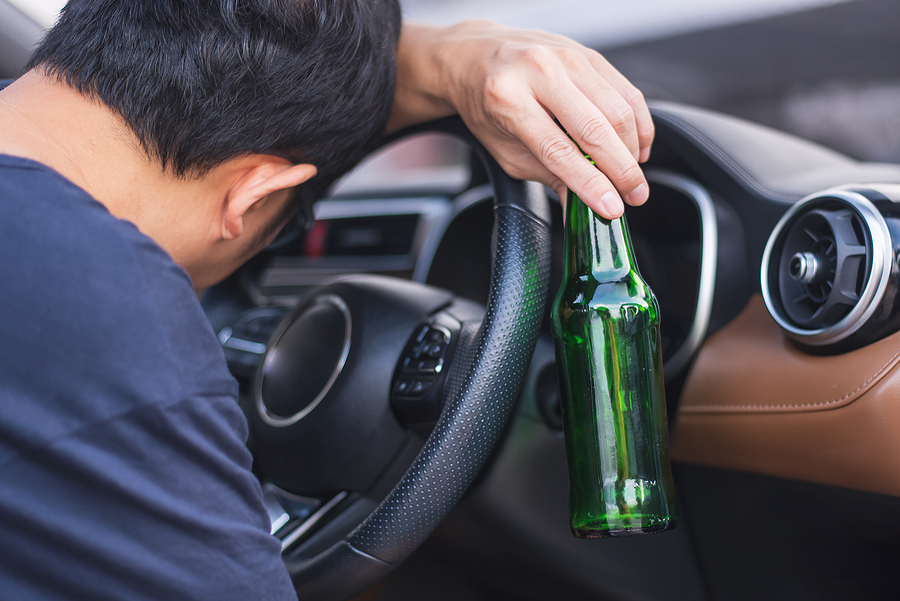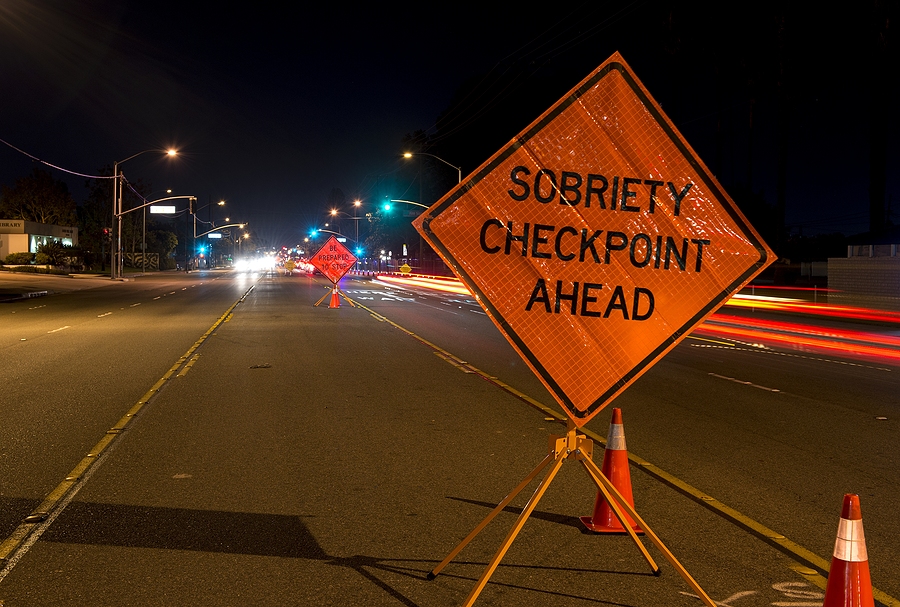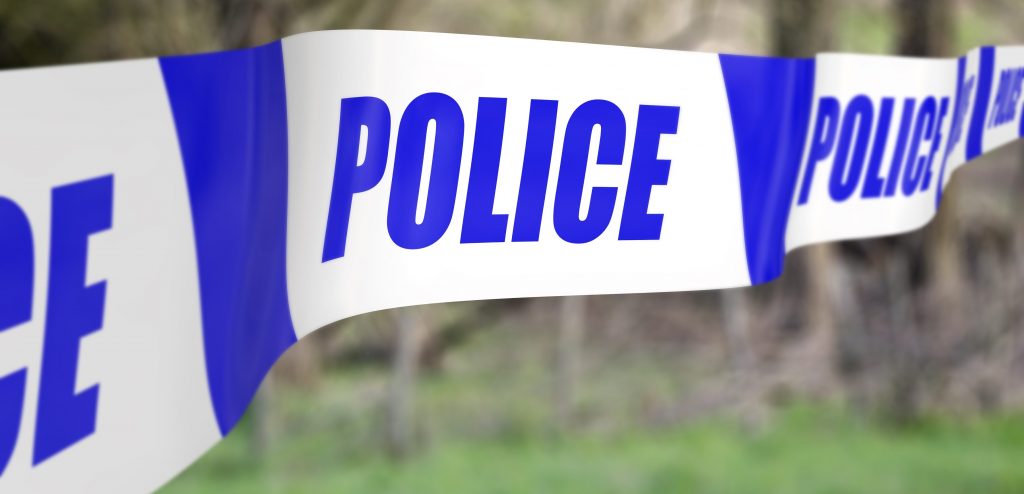When faced with DUI charges in Indiana, it’s essential to understand your rights and the defense strategies at your disposal. The complexities of drunk driving charges necessitate the guidance of a skilled DUI defense lawyer to navigate the intricacies of the legal system.
This blog post aims to shed light on the immediate steps to take following a personal injury occurrence in Indiana, focusing particularly on instances involving impaired driving. We delve into the key legal procedures, potential defenses, and the importance of securing proficient legal representation. Remember, knowledge is power when combating DUI charges.

Immediate Steps to Take After Getting Arrested for a DUI
As with any personal injury occurrence, safety should be the top priority. If you or anyone involved in the incident requires medical attention, seek it immediately. Once everyone’s well-being is ensured, document everything about the accident scene by taking notes and pictures. Gather contact information from any witnesses present and exchange insurance details with other parties involved. Finally, report the accident to the police if they haven’t already been notified.
Understanding DUI Charges in Indiana
In Indiana, it’s illegal to operate a vehicle while under the influence of alcohol and/or drugs, as stipulated by the state’s impaired driving laws. Police officers can arrest you for DUI if they have probable cause that your judgment and ability to safely operate a vehicle are impaired. If you’re found to have a blood alcohol concentration (BAC) of 0.08% or higher, you’ll be charged with OWI (Operating While Intoxicated). It’s crucial to note that Indiana has a zero-tolerance policy for underage drinking and driving, which means any driver under 21 years old can be arrested for DUI if they have any trace of alcohol in their system.
Drunk Driving Defense Strategies
If you’re charged with DUI, you’ll need an experienced DUI defense lawyer to help build a strong defense on your behalf. They can challenge the legality of the traffic stop, question the accuracy of field sobriety and breathalyzer tests, and dispute any other evidence against you. Additionally, they may explore alternative options, such as plea bargaining and diversion programs, to potentially reduce or dismiss your charges.
First Time DUI Penalties
If you’re a first-time offender, the penalties for DUI in Indiana can include fines of up to $5,000 and up to 1 year in jail. Your license may also be suspended for up to 2 years. The severity of your charges will depend on various factors such as BAC level, any prior criminal record, and whether anyone was injured or killed in the incident. It’s important to note that even if you’re not convicted, your license can still be suspended for up to 180 days for refusing a breathalyzer test or failing it with a BAC above 0.08%.
Importance of Legal Representation
The consequences of DUI charges in Indiana can be severe, including fines, license suspension/revocation, and even jail time for repeat offenders. With so much at stake, it’s crucial to secure proficient legal representation immediately after a personal injury occurrence involving impaired driving. An experienced DUI defense lawyer can guide you through the legal process, protect your rights, and work toward the best possible outcome for your case.
Conclusion
In summary, if you’re involved in a personal injury occurrence involving impaired driving in Indiana, it’s essential to prioritize safety and document everything at the scene. Understand the state’s DUI laws and seek professional legal guidance to build a strong defense. With the right strategies and legal representation, you can effectively fight DUI charges and protect your rights.
Remember, it’s never too early to start building your defense with the help of an experienced DUI defense lawyer. Contact Attorney David E. Lewis at 317-636-7514 to speak with an experienced and good-standing criminal defense DUI lawyer in Indianapolis, Indiana. We can help you get the best possible outcome in court for your misdemeanor or felony drunk driving charges. But you only have 10 days to save your drivers’ license from suspension – so call NOW!
Related Posts:
Your Next Step After Being Charged With Drunk Driving Vehicular Manslaughter
Do Not Fall for These OWI Arrest Myths
5 Types of Probable Cause for DUI Traffic Stops




